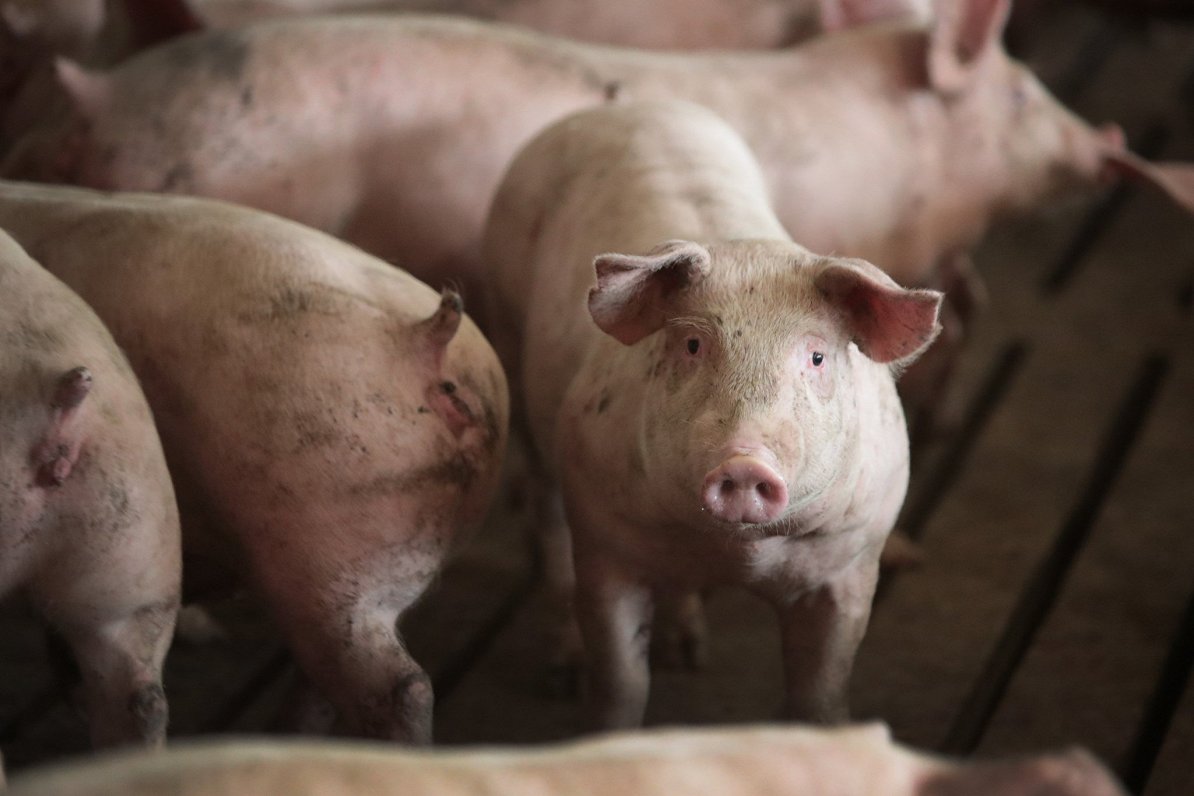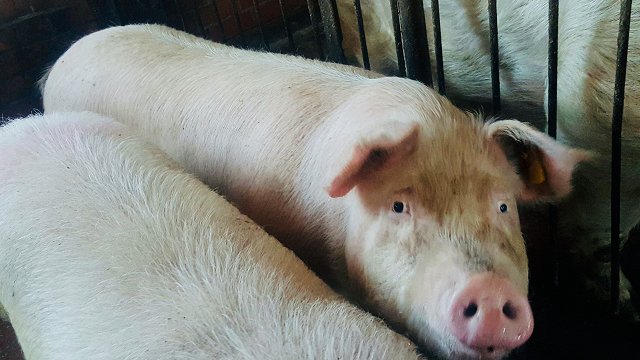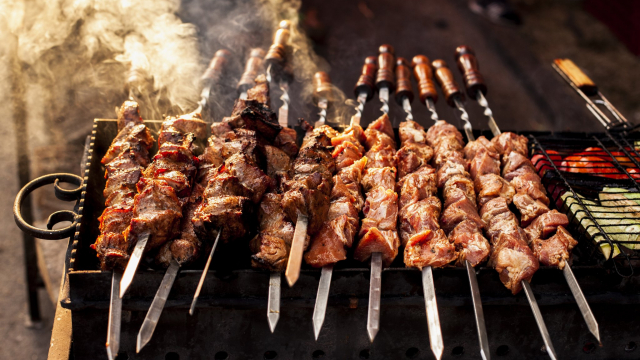For the first time, African swine fever was detected in Latvia at the end of June 2014. Eight years have passed, and the country is still plagued by African swine fever, mainly in wild boars but occasionally spreading to farms.
“The pig sector has changed in our monitoring area because [..] there are only small kitchen farms with one to ten pigs and one larger holding where there are no more than 200 pigs,” said Mārīte Ņukša, representative of the Food and Veterinary Service in North Latgale.
Dzintra Lejniece, board member of the Latvian Pig Breeders Association, said that African swine fever has changed Latvia's pig sector to the extent that many small pig keepers have been forced to withdraw from this business. On the other hand, only two of the large pig breeders have ceased their activities.
However, African swine fever is not the only one threatening the pig sector in Latvia. According to Lejniece, it is currently a difficult time for local pig breeders, and the fact is that Latvian pork is being pushed out of both the local and foreign markets.
"The European common market has pork prices and a market crisis based on global market trends. The European Union has the highest cost of producing pork, because we have very, very high standards of both welfare and food safety. We have become uncompetitive on world markets, and this also has a strong impact on the internal market,” said Lejniece.
Liene Spriņģe, the owner of Zelmeņi pig farm, also acknowledged that when she looked at pork prices, she was seriously worried about the future of her business.
“This year we've halved the herd. There are only about 55 pigs now, because not only is the plague, but also the difficult overall situation in the country and in the world, when prices rise and food is becoming more and more expensive. We can't compete with foreign meat coming in. That's why we've reduced the herd,” said Spriņģe.
Currently, mostly wild boar is affected by African swine fever and 135 parishes in 25 municipalities of Latvia can be considered affected. Two cases of domestic swine fever have also been reported this year in the district of Kuldīga, which has led to the elimination of more than 1,500 pigs.






























